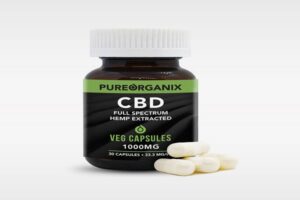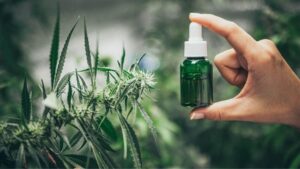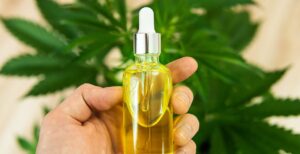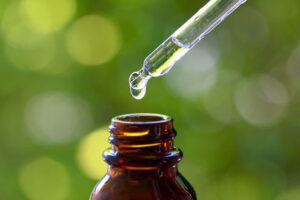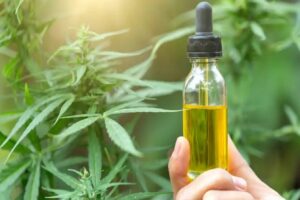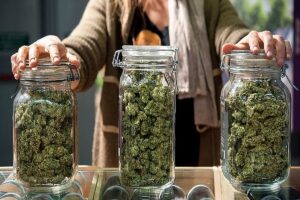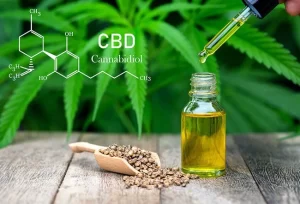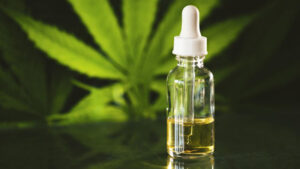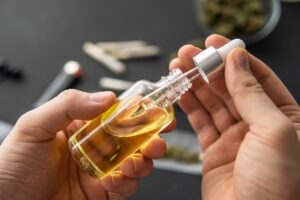Everything You Need to Know About THCA Hemp Flower
As the world of hemp and cannabis continues to evolve, various compounds within these plants are gaining attention for their potential health benefits. One such compound is THCA, or tetrahydrocannabinolic acid, found abundantly in the THCA hemp flower. In this article, we will delve into the essential aspects of THCA hemp flower, exploring its properties, potential benefits, and how it differs from other cannabinoids like THC.
Understanding THCA
THCA, unlike THC (tetrahydrocannabinol), is a non-intoxicating cannabinoid found in the raw, unprocessed cannabis plant. When cannabis plants mature, they produce THCA in large amounts, and only through decarboxylation—typically induced by heat—does THCA convert into THC, the psychoactive compound responsible for the “high” associated with marijuana use.
Properties of THCA Hemp Flower
Non-Psychoactive: THCA in its raw form is non-psychoactive, meaning it does not induce the euphoric effects commonly associated with THC. This makes THCA Hemp Flower an appealing option for those seeking potential therapeutic benefits without the psychotropic experiences.
Potential Therapeutic Benefits: Preliminary research suggests that THCA may possess anti-inflammatory, neuroprotective, and antiemetic properties. While more studies are needed to fully understand its therapeutic potential, many users report positive effects on conditions like inflammation, arthritis, and nausea.
Raw Consumption: Unlike THC, which requires heat to activate its psychoactive effects, THCA can be consumed raw. Some users add THCA-rich hemp flowers to smoothies or salads to harness its potential benefits without the need for heat-induced decarboxylation.
Entourage Effect: THCA is just one of many cannabinoids present in the hemp plant. When consumed in its raw form, THCA interacts with other cannabinoids and terpenes, potentially contributing to the entourage effect. This synergistic interaction is believed to enhance the overall therapeutic effects of the plant.
How THCA Differs from THC?
While THCA and THC share similarities, they diverge in crucial aspects:
Psychoactive Properties: The primary distinction lies in their psychoactive properties. THCA, as mentioned, is non-intoxicating, while THC produces the psychoactive effects commonly associated with marijuana use.
Activation Process: THCA requires decarboxylation to become THC, a process usually initiated by heat. Smoking, vaporizing, or cooking cannabis activates THCA and transforms it into THC. In contrast, THCA remains in its raw, non-psychoactive form until activated.
Potential Therapeutic Effects: While THC is recognized for its therapeutic properties, THCA is gaining attention for potential health benefits. Research is ongoing to explore the specific ways in which THCA may contribute to overall wellness.
Legality: In regions where THC is heavily regulated or prohibited, THCA-rich hemp flower offers an alternative. As it does not produce the psychoactive effects associated with THC, it may be legally accessible to a broader audience.
Conclusion
The exploration of THCA hemp flowers opens new avenues for those seeking the potential health benefits of cannabinoids without the psychoactive effects commonly associated with THC. As research continues, the understanding of THCA’s therapeutic potential is likely to expand, offering individuals diverse options for incorporating this compound into their wellness routines. Whether consumed raw or activated through heat, THCA presents a fascinating aspect of the ever-evolving landscape of hemp and cannabis.
Shop the Best THCA Hemp Flower for a top-notch experience from Little High! Our premium selection guarantees purity and potency. Elevate your enjoyment with our finest choices. Order today!





